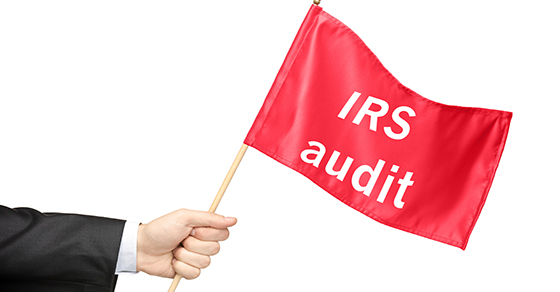During the COVID-19 pandemic, many small businesses are strapped for cash. They may find it beneficial to barter for goods and services instead of paying cash for them. If your business gets involved in bartering, remember that the fair market value of goods that you receive in bartering is taxable income. And if you exchange services with another business, the transaction results in taxable income for both parties.
For example, if a computer consultant agrees to exchange services with an advertising agency, both parties are taxed on the fair market value of the services received. This is the amount they would normally charge for the same services. If the parties agree to the value of the services in advance, that will be considered the fair market value unless there is contrary evidence.
In addition, if services are exchanged for property, income is realized. For example, if a construction firm does work for a retail business in exchange for unsold inventory, it will have income equal to the fair market value of the inventory. Another example: If an architectural firm does work for a corporation in exchange for shares of the corporation’s stock, it will have income equal to the fair market value of the stock.
Joining a club
Many businesses join barter clubs that facilitate barter exchanges. In general, these clubs use a system of “credit units” that are awarded to members who provide goods and services. The credits can be redeemed for goods and services from other members.
Bartering is generally taxable in the year it occurs. But if you participate in a barter club, you may be taxed on the value of credit units at the time they’re added to your account, even if you don’t redeem them for actual goods and services until a later year. For example, let’s say that you earn 2,000 credit units one year, and that each unit is redeemable for $1 in goods and services. In that year, you’ll have $2,000 of income. You won’t pay additional tax if you redeem the units the next year, since you’ve already been taxed once on that income.
If you join a barter club, you’ll be asked to provide your Social Security number or employer identification number. You’ll also be asked to certify that you aren’t subject to backup withholding. Unless you make this certification, the club will withhold tax from your bartering income at a 24 percent rate.
Forms to file
By January 31 of each year, a barter club will send participants a Form 1099-B, “Proceeds from Broker and Barter Exchange Transactions,” which shows the value of cash, property, services, and credits that you received from exchanges during the previous year. This information will also be reported to the IRS.
Many benefits
By bartering, you can trade away excess inventory or provide services during slow times, all while hanging onto your cash. You may also find yourself bartering when a customer doesn’t have the money on hand to complete a transaction. As long as you’re aware of the federal and state tax consequences, these transactions can benefit all parties. Contact us if you need assistance or would like more information.





